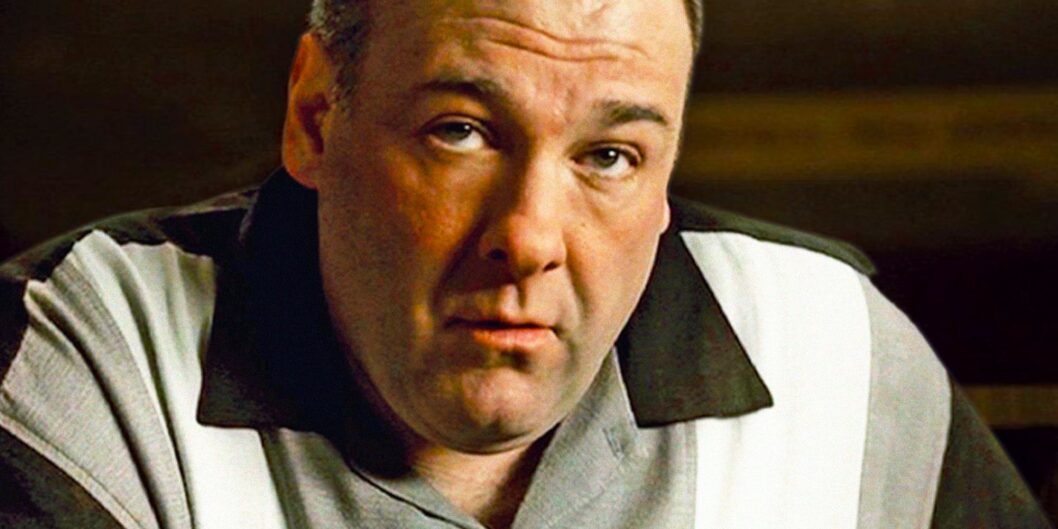The Sopranos: Reflecting on Controversial Finale and Its Lasting Impact
The Sopranos, acclaimed as one of the greatest television series in history, has maintained its prominence even years after its conclusion in 2007. Created by David Chase and airing on HBO, the show introduced audiences to Tony Soprano, a New Jersey Mafia boss, played by the late James Gandolfini. While the series was praised throughout its run, its finale remains a divisive topic among fans and critics alike, prompting strong reactions that even surprised its creator.
A Groundbreaking Saga
Premiering in 1999, The Sopranos revolutionized the television landscape, marking the beginning of the Second Golden Age of Television. The series intricately wove the personal struggles of Tony Soprano with the violent and chaotic world of organized crime. Viewers followed Tony as he battled panic attacks and sought therapy, navigating the complexities of family life alongside his criminal endeavors. The unique characterization of Tony as an antihero allowed audiences to engage with a morally ambiguous figure, prompting discussions about the nature of loyalty, betrayal, and violence.
The Finale: A Shock to the System
The series finale, which aired in June 2007, concluded with a scene set in a diner where Tony is waiting for his family. Tension builds as he observes the patrons around him. When his daughter, Meadow (Jamie-Lynn Sigler), is about to arrive, the screen abruptly cuts to black. This sudden ending sparked intense debate among viewers, with many believing it left too many questions unanswered.
David Chase, the show’s creator, expressed his surprise at how much speculation the ending generated. In a 2021 interview, he noted that while he found the audience’s reactions "kind of incredible," he was particularly bothered by the number of people who wanted to see Tony killed. "I couldn’t understand why people wanted to see Tony’s death on screen after being on his side for years," Chase admitted.
Mixed Reactions Evolve Over Time
The initial reactions to the finale ranged from confusion to anger. Some viewers thought their televisions had malfunctioned when the screen suddenly cut to black. Others were disappointed, either because they expected a definitive resolution or wished for consequences for Tony’s criminal deeds. As time passed, however, opinions shifted, and the finale has been increasingly praised for its audacity and depth.
Critics and viewers have extended discussions surrounding the significance of the abrupt ending. Many fans speculate whether it implied Tony’s death or simply represented an end to a key chapter in his life. This ongoing debate solidifies The Sopranos as one of the most talked-about finales in television history.
The Cut to Black: Artistic Choice or Narrative Failure?
The final scene serves as a culmination of the series’ narrative tension. Tony’s hyper-awareness of his surroundings, coupled with the familial reunions, forms a thrilling setup. Each time the bell rings in the diner—a sign of someone entering—carries a weight of suspense, but the choice to cut to black before Meadow’s arrival left viewers hanging with questions.
Many argue that this ending was not a failure, but rather an intentional storytelling choice that ultimately met its goal: to keep audiences engaged and discussing Tony’s fate long after the show concluded. By leaving the ending ambiguous, The Sopranos invites each viewer to interpret the conclusion in their own way.
Conclusion: The Enduring Legacy of The Sopranos
The Sopranos transcends traditional television narratives, creating a legacy that still resonates in modern storytelling. The series elevated the genre, portraying complex characters in morally gray situations, and successfully challenged viewers’ expectations. The finale’s boldness remains a topic of fascination, ensuring that discussions about Tony Soprano’s fate will endure.
As audiences continue to rediscover The Sopranos on streaming platforms like HBO Max, the series not only reflects the intricacies of human nature but also serves as a case study for narrative risks and their rewards. Through its layered storytelling and complex characterizations, The Sopranos remains a seminal work in the pantheon of television history, compelling viewers to engage with its narrative long after it has come to a close.









